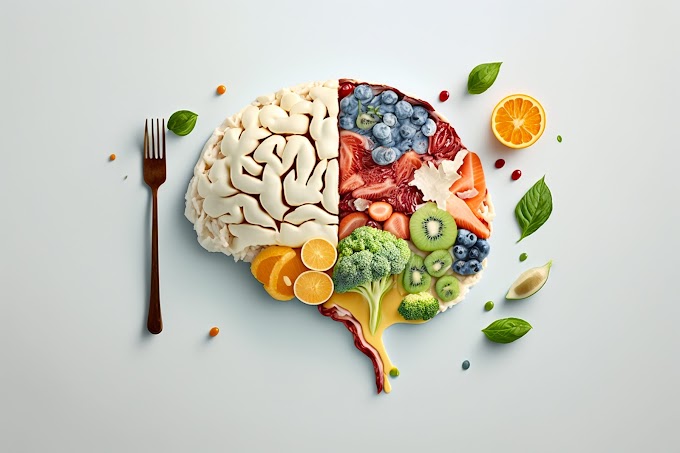In recent years, research has unveiled a fascinating connection between gut health and mental well-being, known as the gut-brain axis. This intricate network of communication between the gut and the brain plays a pivotal role in regulating mood, cognition, and emotional responses.
At the heart of this connection lies the gut microbiota, a diverse community of trillions of bacteria residing in the gastrointestinal tract. These microbes play a crucial role in digestion, nutrient absorption, and immune function. However, emerging evidence suggests that they also influence brain function and behavior through various pathways.
Studies have shown that changes in the composition and diversity of the gut microbiota, known as dysbiosis, are associated with mental health disorders such as depression, anxiety, and even neurodegenerative diseases like Alzheimer's. Conversely, maintaining a healthy balance of gut bacteria through diet, lifestyle, and probiotic supplementation may support mental wellness.
One key mechanism through which the gut microbiota communicates with the brain is via the production of neurotransmitters such as serotonin and dopamine. These chemical messengers, often referred to as "the feel-good hormones," play a crucial role in regulating mood and emotional well-being. Approximately 90% of serotonin, for example, is produced in the gut, highlighting the significance of gut health in mental wellness.
Furthermore, the gut microbiota interacts with the immune system, producing molecules that can influence inflammation levels throughout the body, including the brain. Chronic inflammation has been linked to various mental health conditions, highlighting another pathway through which gut health may impact mental well-being.
In conclusion, nurturing a healthy gut microbiota through a balanced diet rich in fiber, fermented foods, and probiotics, as well as managing stress and adopting a healthy lifestyle, can have profound effects on mental health. By understanding and supporting the intricate connection between the gut and the brain, we can take proactive steps towards promoting overall well-being.







